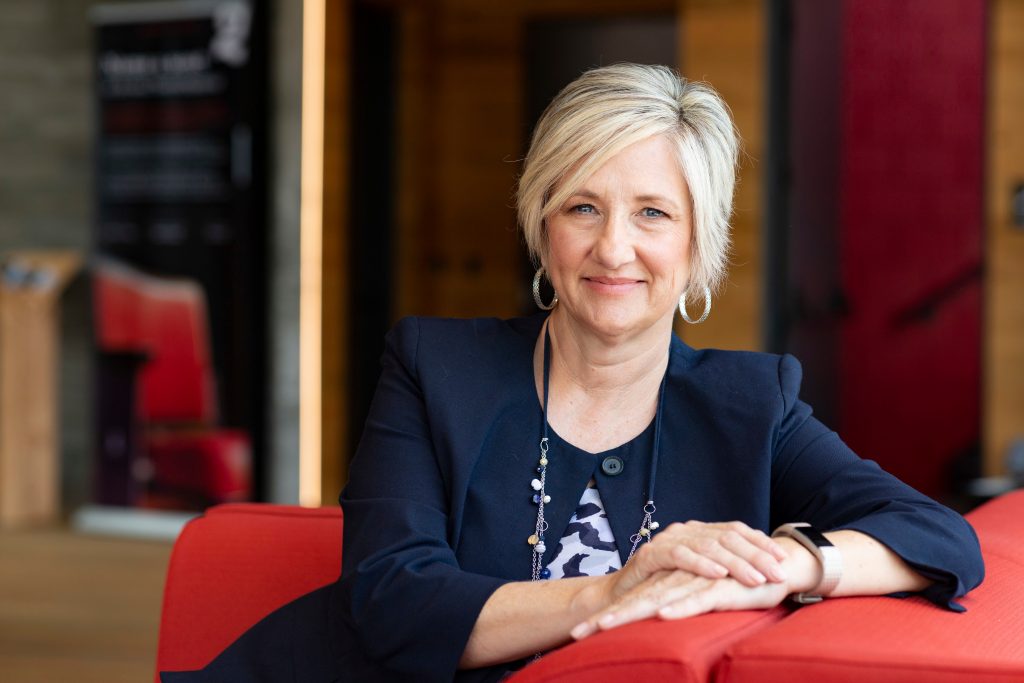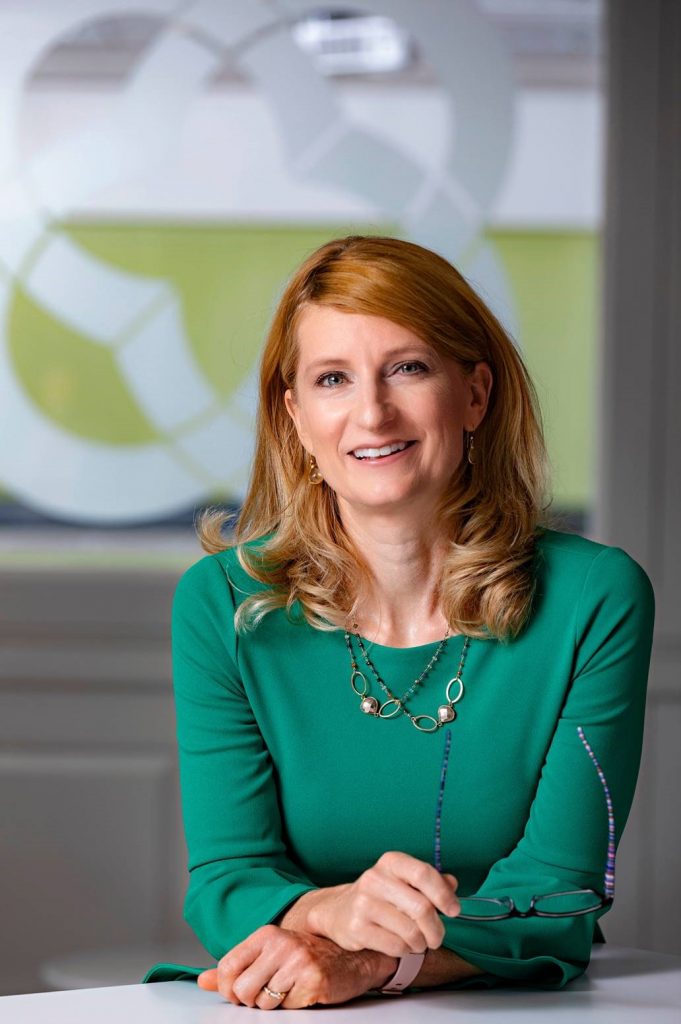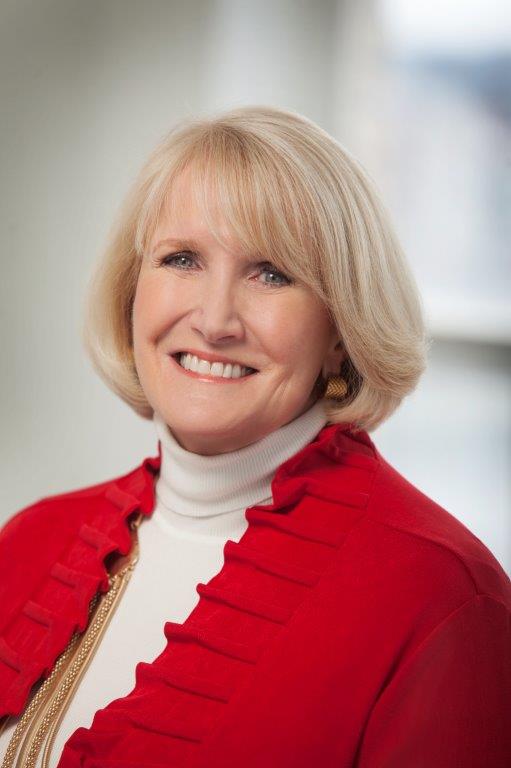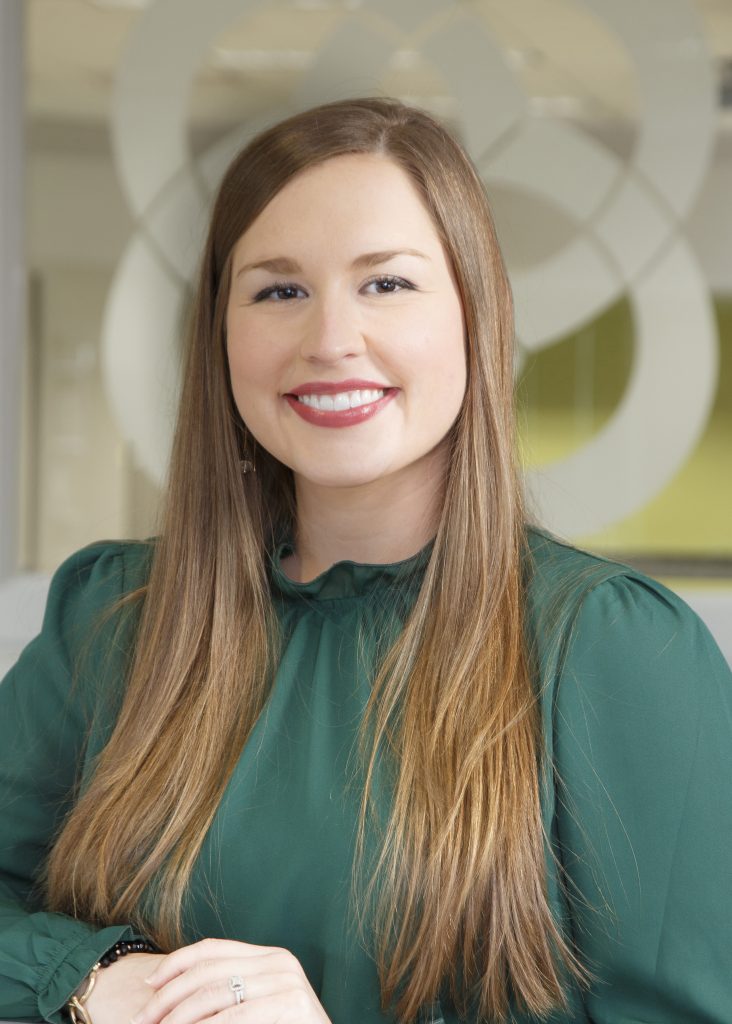For many donors, the importance of a multi-generational family philanthropy plan is high on the radar, especially in the wake of 2020’s eye-opening events highlighting the importance of rallying around important social and community priorities.
How do you know when a client’s family is a strong candidate for more formal philanthropic planning, beyond simply budgeting for annual gifts to charity? Watch for these candidates among your client base:
- Families who have started to ask you about multi-generational participation in their favorite causes.
- Families who have publicly demonstrated a long-term charitable commitment to charitable organizations. Or,
- Families who own a family business, creating the opportunity for corporate giving and values to serve as inspiration for the family’s charitable plans, even beyond the family’s ownership of the business.

A comprehensive philanthropy plan often starts with establishing a structure, typically in the form of either a donor-advised fund or a private foundation. Although there are benefits and advantages of each, the donor-advised fund (DAF) option has become increasingly popular because of its favorable tax treatment, simplicity of administration, and flexibility. By contrast, private foundations typically appeal to families who want to engage directly in charitable activities, hire family members as employees to operate the foundation’s day-to-day business and receive salaries, run their own grant programs to support individuals, and grant directly to international efforts. A common myth, however, is that families who wish to collaborate across generations on grant making and impact are better suited for a private foundation. The reality is that families can work together to determine and execute a philanthropic vision, mission, and grants from the family’s charitable structures, whether a DAF, private foundation, or both. For example, when a family establishes a DAF at Arkansas Community Foundation, our staff can support the family in areas of expertise well beyond simple adminstrative tasks. Identifying a family’s values and motivations, documenting charitable interest areas, and researching the programs and services of a particular nonprofit organization are all “donor services” offered by the Community Foundation.
Here are examples of comments you may hear from families who may be excellent candidates to work with the Community Foundation alongside you as their key advisor:
- “We are interested in engaging the next generation of our family in philanthropic conversations, but we are at a bit of a loss as to how to go about it.”
- “We are concerned that families today—including our family—are less community centered than they used to be. So we don’t want to ignore global issues, but we want to ensure that we make a difference locally. We thought about working with our children and grandchildren on community priorities and deploying philanthropy as a way to communicate our concerns and dreams for the region we all love, but we aren’t sure where to find tools and best practices.”
- “As a member of my family foundation’s so-called ‘next generation,’ I am worried that our older generation has been directly involved with just a handful of organizations, so they tend to support only those organizations. As younger donors, we aren’t necessarily going to want to be directly involved with these particular organizations, and at the same time we don’t want to shut off support. We want to respect and engage with our older family members while also charting our own course.”
- “As a thirty-something, I have a young family and it is really important to me to be able to engage my kids in the family’s philanthropy, working right alongside me, my parents, siblings, nieces and nephews, and grandparents.”
If you are hearing these and similar expressions of interest from your clients, please reach out. The team at Arkansas Community Foundation is your partner to serve your clients’ philanthropic endeavors.


















